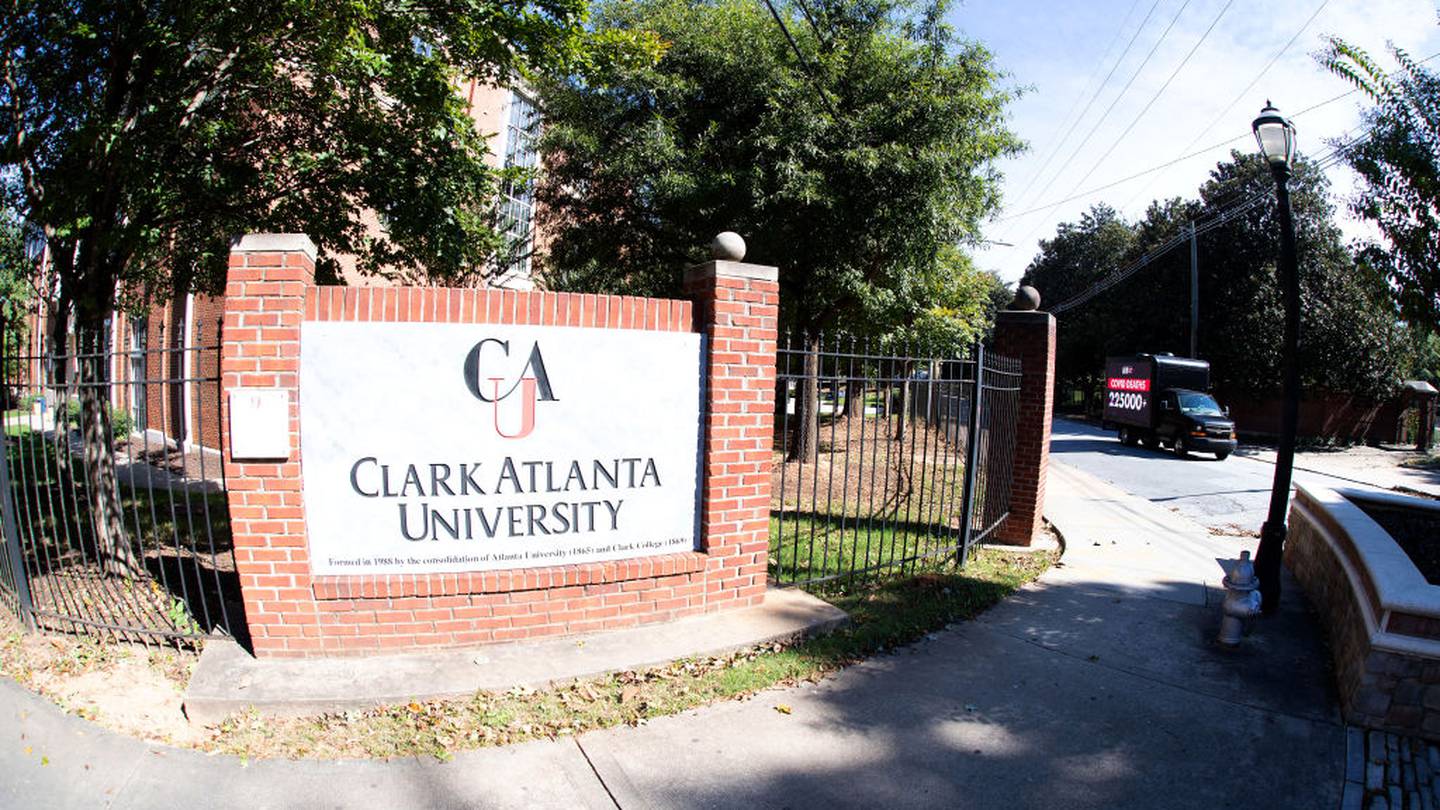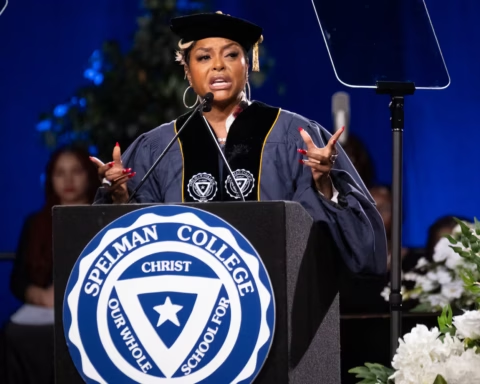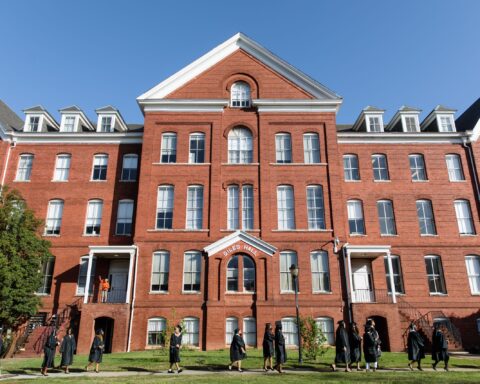By Clark Atlanta University
On Thursday, Clark Atlanta University announced that their bachelor’s and master’s social work programs have been reaffirmed accreditation by the Council on Social Work Education (CSWE) Commission on Accreditation for another eight years, ending in June 2030.
According to Dr. Jenny L. Jones, dean and professor of the Whitney M. Young Jr. School of Social Work, the reaffirmed accreditation shows the quality and excellence of the program.
“It is a vote of confidence in the caliber of the programs for our graduates and the public they serve,” she said. “It ensures excellence and is evident that our programs meet the highest level of practice in the field—which allows us to be competitive with other social work programs across the nation.”
The Whitney M. Young Jr. School of Social Work is the first accredited school of social work in Georgia and at an HBCU. The school celebrated its centennial anniversary in 2020 and is currently ranked #51 by the US News and World Report.
The social work program at Clark prepares students to address specific psychological, social, spiritual, and economic problems experienced by people of African descent from an Afrocentric perspective. The program also encompasses the intersectionality of race and other societal factors such as gender, ethnicity, social class, ability status, and sexual orientation.
“Racial, ethnic, and gender inequalities continue to be front and center in our society,” said Jones. “Families are being impacted in every possible way. Gun violence in our schools and communities, racial violence, and income inequality threaten our security. The continued development and enforcement of oppressive policies challenge the values upon which this profession is built.”
The social work program at Clark prepares students to address specific psychological, social, spiritual, and economic problems experienced by people of African descent from an Afrocentric perspective. The program also encompasses the intersectionality of race and other societal factors such as gender, ethnicity, social class, ability status, and sexual orientation.
“Racial, ethnic, and gender inequalities continue to be front and center in our society,” said Jones. “Families are being impacted in every possible way. Gun violence in our schools and communities, racial violence, and income inequality threaten our security. The continued development and enforcement of oppressive policies challenge the values upon which this profession is built.”





